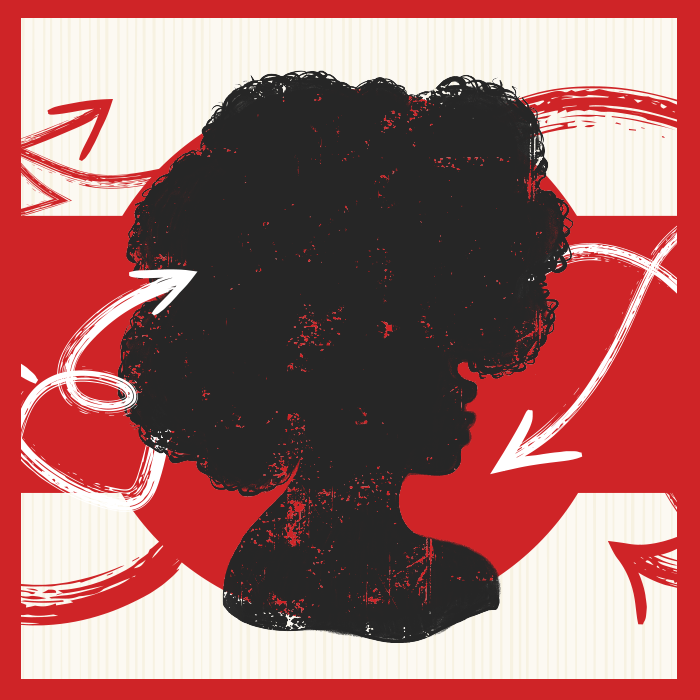Violence and abuse intersect in a million ways
Written by Antwon R. Martin
How long did it take for people to talk about R. Kelly’s abuse of numerous Black women as more than a punchline? When Monica Loera, a trans woman of color, was murdered three years ago in Austin, why did police fail to identify her by the correct gender? How is it possible that having a disability makes you 7 times more likely to be sexually assaulted?
Across the board, violence and abuse disproportionately impact marginalized groups. Part of our work involves changing the established systems that harm these communities and keep people from seeking help.
If you’re familiar with SAFE’s story, you’re no stranger to the idea of intersections. We work to stop child abuse, domestic violence, and sexual violence. These issues are all connected—we see it when a little boy grows up to beat his girlfriend after years of abuse at the hands of his parents, or when someone who was molested their entire childhood is sexually assaulted as an adult. In every example of abuse, an abuser is exerting their power over their victim as a means of control.
The power and control dynamics that lead to victimization are amplified depending on the victim’s gender, race, ability, sex, status, and many other factors. So people of color, people with disabilities, members of LGBTQIA+ communities, and members of many other groups all face a greater risk of violence. And the various ways these groups intersect change how they experience that violence and what resources will help them escape.
For example, a queer Black man who relies on a physically abusive partner to help with their disabilities faces a different set of hurdles than a heterosexual Asian-American woman who is experiencing homelessness and selling sex to survive. And when a straight white man with no disabilities is attacked by his girlfriend, what he experienced is every bit as valid—it’s just a different experience.
Violence doesn’t discriminate. It can affect anyone. So when we say our mission is to stop abuse for everyone, we mean everyone.